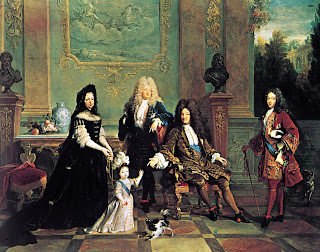Here is an excerpt from Bruce Levine’s most recent Mad in America post. This view of psychosis is comforting to me. Psychosis has always struck me as an odd way to rebel because it actually makes people dependent on those they rebel against, and seems to retard their lives. A socially acceptable form of rebellion is to leave home at an early age, tell your parents you are sick of their interference, and get on with your own version of your life, independent of others’ financial support or judgements. And yet, we all must rebel in some way if we are to grow. So, if psychosis is rebellion, wish the person Godspeed.
Many people with severe anxiety and/or depression are also anti-authoritarians. Often a major pain of their lives that fuels their anxiety and/or depression is fear that their contempt for illegitimate authorities will cause them to be financially and socially marginalized; but they fear that compliance with such illegitimate authorities will cause them existential death.
I have also spent a great deal of time with people who had at one time in their lives had thoughts and behavior that were so bizarre that they were extremely frightening for their families and even themselves; they were diagnosed with schizophrenia and other psychoses, but have fully recovered and have been, for many years, leading productive lives. Among this population, I have not met one person whom I would not consider a major anti-authoritarian. Once recovered, they have learned to channel their anti-authoritarianism into more constructive political ends, including reforming mental health treatment.
Many anti-authoritarians who earlier in their lives were diagnosed with mental illness tell me that once they were labeled with a psychiatric diagnosis, they got caught in a dilemma. Authoritarians, by definition, demand unquestioning obedience, and so any resistance to their diagnosis and treatment created enormous anxiety for authoritarian mental health professionals; and professionals, feeling out of control, labeled them “noncompliant with treatment,” increased the severity of their diagnosis, and jacked up their medications. This was enraging for these anti-authoritarians, sometimes so much so that they reacted in ways that made them appear even more frightening to their families.
